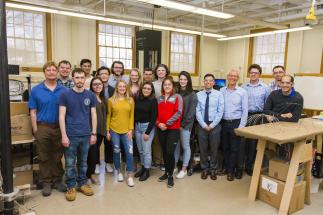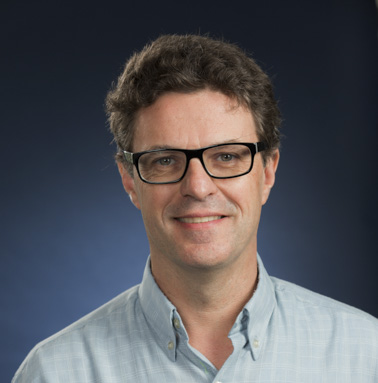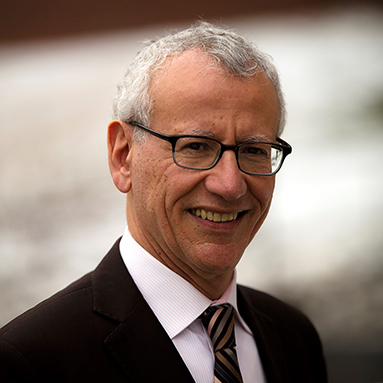For the second time, Worcester Polytechnic Institute (WPI) has been selected as a finalist in the Solar Decathlon, a prestigious international competition between universities to design, build, and operate a net zero energy dwelling. WPI will lead Team OCULUS, one of 20 teams representing 40 universities from around the world that will gather in Morocco in September for the 2019 Solar Decathlon AFRICA.
“This competition is a perfect fit with WPI’s project-based curriculum, which promotes working in multidisciplinary teams and dealing with different design viewpoints and cultural nuances as happens in actual professional practice,” said Winston Soboyejo, interim provost. “The global and international cooperation will improve the consideration of cultural differences between different universities, local communities and beyond.”
The goal of the Solar Decathlon—being held in Africa for the first time—is to challenge university teams to develop solar-powered houses that are cost-effective, energy-efficient and attractive while incorporating the region’s unique characteristics and local resources into green buildings.
“This challenge is an excellent opportunity for students and faculty advisors to work on a truly interdisciplinary and significantly large project with a large number of participants that are from four institutions, three countries and on two continents,” said Tahar El-Korchi, professor of civil engineering and Team OCULUS co-faculty advisor. “The real-life experience of designing, engineering and constructing a house rarely occurs in an academic setting.”
Since September 2018, WPI faculty and students in architectural, civil and environmental engineering programs have been working on the project on campus as well as in Morocco. The team is focusing on areas including architecture, engineering, innovation, renewable energy, and social consciousness. The building itself will feature low-cost, native materials that are easy to acquire, natural cooling and ventilation sources, and an integrated water collection and grey water treatment system.
“Our entry will build upon previous collaborations with rural African communities in Nigeria and Morocco through WPI’s global project centers,” said Steven Van Dessel, director of WPI’s architectural engineering program and co-faculty advisor. “By understanding the region, our project will focus on design principles that are best suited for the area’s climate and culture as well as make use of abundant native materials, therefore serving as a prototype for new housing solutions.”
Team OCULUS members includes l’École Nationale Supérieure d’Arts et Métiers (ENSAM – Meknes, Morocco), l’Ecole National Supérieure d’Informatique et d’Analyse de Systèmes (ENSIAS – Rabat, Morocco) and the African University of Science and Technology (AUST – Abuja, Nigeria). The competition is sponsored by the Moroccan Ministry of Energy, Mines, Water and the Environment (MEMEE); the Moroccan Institute in Solar Energy and New Energies (IRESEN); and the U.S Department of Energy.
A WPI-led team previously competed in the 2013 Solar Decathlon, held in Datong, China. WPI finished in 8th place out of 19 multi-national teams.








